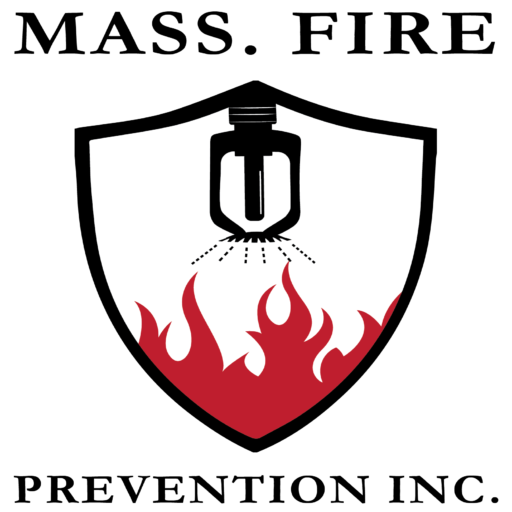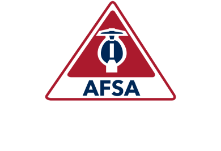Fire kills more people in the United States annually than all natural disasters combined. Ironically, most fire deaths occur in the very place where we feel safest — our own homes. Those at highest risk are very young children, older adults and people with disabilities, who may have difficulty making a quick escape.
Home fire sprinklers provide powerful protection from fire. They work automatically and immediately, before a fire spreads.
DO SPRINKLERS REALLY SAVE LIVES?
Yes. Sprinklers are the most effective fire safety devices ever invented. The National Fire Protection Association reports that working smoke alarms cut the risk of dying in a home fire in half. Having both sprinklers and smoke alarms installed reduces the risk of dying in a home fire by about 80%.
DO SPRINKLERS SAVE PROPERTY?
Yes. Home fire sprinklers are designed to save lives. Because they control fires so quickly, they also reduce property damage. According to the National Fire Protection Association (NFPA), sprinklers reduce direct property damage by about 70 percent per fire.
SPRINKLERS LEAK
FALSE! Sprinklers and their piping are pressure-tested to the same level as your plumbing system. Like your plumbing pipes, sprinkler pipes are not supposed to be exposed to cold areas. Additionally, unlike faucets and other fixtures that are in constant use, fire sprinklers remain closed until needed and do not get the wear and tear of daily use.
ALL THE SPRINKLERS IN THE ROOM ACTIVATE AT ONCE
FALSE! Heat from a fire will only activate the sprinkler closest to the fire. Typically, there is not enough heat to activate other sprinklers. So why, then, do people think that all of the sprinklers in the room activate at the same time? There are two reasons. First, Hollywood gag writers show all of them activating for comic or dramatic effect. Movies and TV shows have shown all sprinklers going off from someone merely lighting a cigarette or pulling a fire alarm switch. In reality, those actions cannot activate sprinklers. Many people also believe smoke activates the sprinkler. They have seen smoke spread throughout a room, so they conclude that smoke will affect all the sprinklers in the room. Only heat, not smoke, can activate a sprinkler, and only a fire can generate enough heat to do so. All of the sprinklers in a home will not activate at the same time, even in a smoke filled room.


